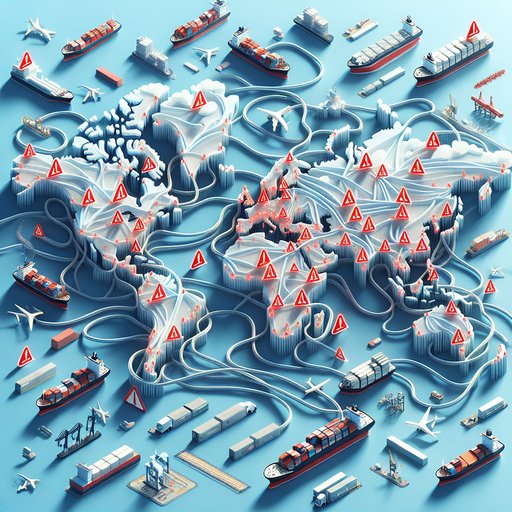
Global supply chain challenges continue to reshape the retail landscape as major brands grapple with increased costs and logistical hurdles. American Eagle, a prominent clothing retailer, faces mounting pressure from rising supply chain expenses and intensifying competition, forcing the company to reevaluate its market strategy and pricing structure [1].
The retail sector's supply chain disruptions have become particularly evident in American Eagle's operations, where the company confronts escalating tariffs and transportation costs. These challenges have prompted the retailer to focus on building cultural relevance and brand heat as a defensive strategy against pricing pressures, though investors remain concerned about the sustainability of this approach [1].
In the consumer electronics sector, supply chain dynamics are also affecting product development and release schedules. Apple's supply chain analyst Ming-Chi Kuo has provided insights into upcoming product releases, indicating that manufacturing and component sourcing continue to play crucial roles in product planning and execution [2].
The impact extends to the AirPods product line, where supply chain considerations are influencing release timelines. According to industry analysis, while near-term updates are planned, more significant improvements are being scheduled for the following year, suggesting careful management of supply chain capabilities and constraints [3].
These developments reflect a broader pattern of companies adapting their strategies to navigate supply chain complexities. The focus has shifted from purely cost-based decisions to more nuanced approaches that balance operational efficiency with market positioning and brand value, as exemplified by American Eagle's emphasis on cultural relevance despite rising costs [1].
























